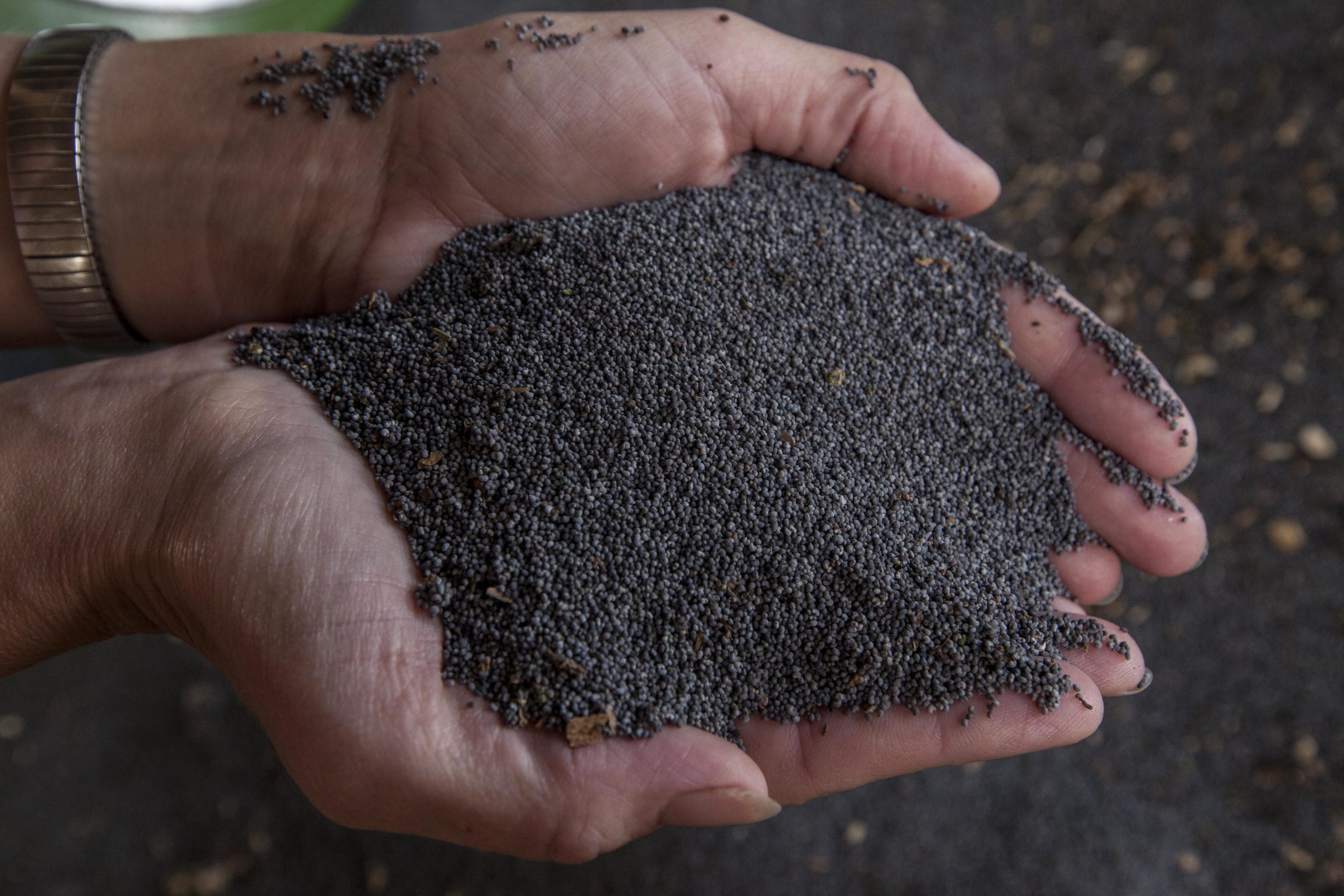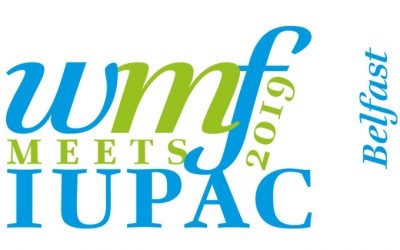New standard for global seed movement

A new International Standard for Phytosanitary Measures (ISPM) on the International Movement of Seed was adopted on 6 April 2017 in Incheon, South Korea.
This new standard will allow companies to move seed for planting across borders with greater efficiency, while minimising and managing the risk associated with the movement of seed.
The standard will enable the 183 countries that are members of the International Plant Protection Convention (IPPC) to define more science-based and practical phytosanitary requirements for seed for planting.
Guidelines to identify, assess and manage pest risk
Since 2008, the International Seed Federation (ISF) has been engaged at an international level with the IPPC to develop the ISPM which provides guidelines for National Plant Protection Organizations (NPPO) to identify, assess and manage the pest risk associated specifically with seeds.
“ISF greatly welcomes the agreement as a significant step towards harmonised phytosanitary measures that will facilitate the international movement of seed. This is essential for the development of new plant varieties, and the availability of pest-free, high quality seed, which is a major pre-condition of global food security,” said ISF Secretary General Michael Keller.
ISF will provide training and materials
During the 18-month implementation period, ISF will support national seed associations, providing training and materials to engage with their respective NPPO on the changes in the national phytosanitary requirements that may result from this standard. The starting point will be the Thematic Day on 25 May 2017 during the ISF World Seed Congress in Budapest. “Adoption was a key first step, and we now urge countries to implement the standard within the given time-frame with the support and expertise of ISF and its national seed associations,” said Michael Keller.
Source: ISF











